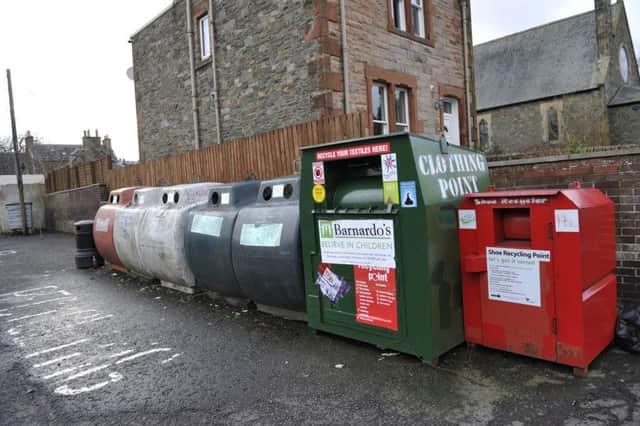Trillion dollar prize is worth playing for


Accenture’s new Circular Advantage report suggests there is a “trillion dollar plus prize” for those who can successfully apply circular models as a framework for growth and innovation in a circular economy. But just what is this circular economy that the policy wonks are engaged in feverish discussions about? Some 25 years ago, the idea of sustainability was introduced on to the policy agenda, conceived through public funding, policies and plans… but despite capturing the imagination for a time, as a concept it has failed to work – because many people, who lacked imagination, vision and the ability to think beyond the short term, saw sustainability as tree-hugging environmentalism in a different coat.
Sadly, the hope that the concept of sustainability brought as an ability to balance economics, social needs and the impact we as a species has on the environment, has been dashed on the rocks of ignorance. Something new is needed, and a circular economy that cuts out waste, reduces material use and finds ways to re-manufacture, re-use and re-cycle is a way forward. But the policy will simply disappear unless some regulatory framework is put in place to let the system thrive.
Advertisement
Hide AdAdvertisement
Hide AdA cynic might want to challenge the term “circular economy” as a theoretical oozlum bird, quite literally going round and round in circles before disappearing into itself, but at the same time it makes perfect sense if we ignore the ridiculous handle it’s been given, and pretend not to notice it’s really just sustainability from the economic angle (which given the money obsession in modern society carries much more weight).
Members of the Chartered Institute of Logistics and Transport (Cilt) are practical people and are interested in how things are done and new business opportunities in the logistics and transport sector. The truth is that there will not be any change without new business opportunities. Business is what business does – and business does what it does to make some money. Adding value to the economy by reducing waste is not new. Companies like Mackie Transmissions have been quietly a part of this “revolution” since 1977, building up a significant business in the re-manufacture of automotive parts.
So if there is an ability to harness the concept into remanufacturing/refurbishing – for example – decommissioned oil rigs, then one or more entrepreneurs like John Mackie will do so. Unless there is direct, or perhaps better indirect, centralist intervention through regulatory mechanisms to force the issue, the circular economy will not create any huge shift from what happens now. The Scottish Government, of course, has an excellent record on the promotion of a low carbon society, actively promoting the use of alternative technologies such as electric vehicles, and, to quote the SCDI/Green Alliance report Circular Economy Scotland: “Scotland needs a targeted, challenge-led innovation strategy run by institutions empowered to drive technically risky, but potential big win circular economy pilot projects”.
The fact that circular economy is also being promoted at the highest levels gives some hope that such a strategy will part of an approach to utilise increased devolved powers, allowing Scotland to develop its economy in its own unique way.
Logistics will need to underpin any activity in the circular economy – so there are big opportunities to grow the logistics service sector to support it with, for example, smart, efficient and effective co-ordination of supply-chains and the physical movement of goods, including the items to be remanufactured, refurbished or re-cycled. Further, as electric vehicle and such things as driverless technology develop to a level that they can be used as part of the movement of heavy goods, the logistics sector can be transformed away from a significant user of resource (including carbon-based fuels) to an integral part of the brave new world.
• Keith Evans is chair of the Cilt Scottish branch ciltscotland.comSEE ALSO